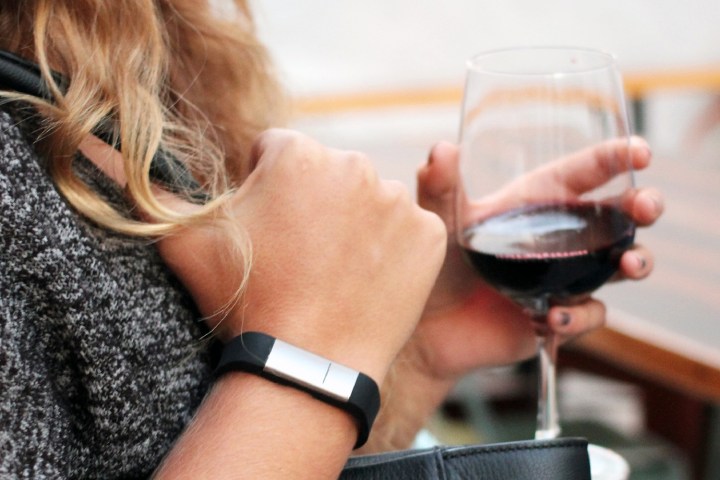
“When you’re at the end of a drink and have to decide whether or not you’re going to have another, it can be a bit socially awkward to pull out a breathalyzer,” Milo Sensors CEO and co-founder Evan Strenk told Digital Trends.
Strenk and fellow Milo Sensors founder Bob Lansdorp think they have come up with a solution, however. Called Proof, it’s a wearable device that will tell you when you’ve had too much to drink. Picture a Fitbit for the craft beer set and you won’t be far off.
“It’s a wearable alcohol sensor that tracks the alcohol molecules in your skin,” Strenk said. “The idea is that you put it on when you’re getting ready to go out, pair it with your smartphone, and then use that to access all of the information you need.”

It’s not just a change in form factor from the well-known breathalyzer, however. It can also provide a faster measurement of your intoxication level, so you won’t have to wait for 20 to 30 minutes before getting an accurate reading. On top of this, it lets you intelligently monitor your drinking — whether that means tracking how much you’re drinking over time, or setting alarms to sound when you’re approaching a certain threshold, such as the legal driving limit or the amount of beer that will give you a hangover. Like fitness-oriented wearables, the goal is to give users the information to make informed choices.
The device will be made available for pre-order later in 2017, initially courtesy of Kickstarter. Customers will need to buy the band itself, along with special cartridges that measure the alcohol level in their skin. Each cartridge lasts 12 hours being it needs to be replaced, with refills (which will apparently available on subscription) costing less than the price of a single drink.
Milo Sensor has its eye set on other through-the-skin measurement concepts in the future, too.
“The human skin is a superhighway for small molecules,” Lansdorp told us. “We view this as opening the door for all kinds of applications for sensing molecules that come out of the human body. There’s going to be a flood of things we’re able to measure through our skin, relating to health and wellness. This is just the beginning.”


